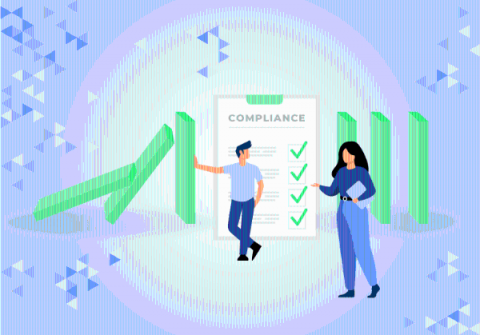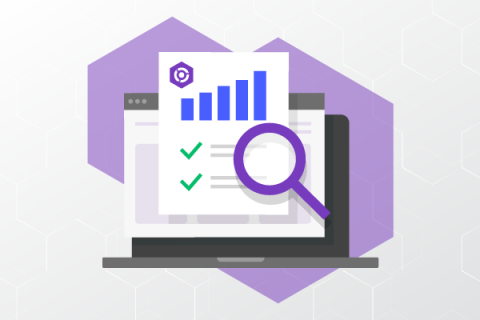How to ensure compliance in regulated environments
Organizations that work in a highly regulated industry such as medical/health, pharmaceutical, security, automotive, aerospace, and defense, know how important it is to comply with standards and regulatory requirements. In order to meet regulations, manufacturers must maintain strict control over the development process, from testing to maintenance, and release. Xray test management app is a powerful test management app that can help you meet compliance and regulations in your industry.










